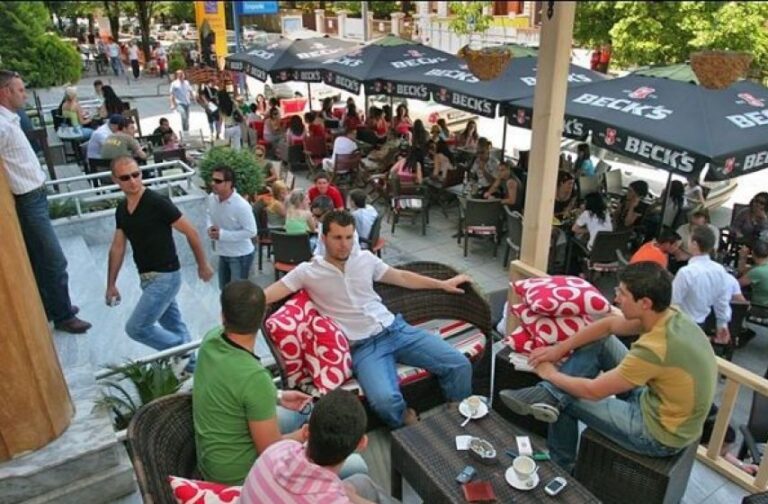
Albanian news portal Shqiptarja had an interesting headline yesterday - "Albania and Kosovo had the highest number of lazy young people in Europe in 2019."
The prospect of increasing productivity is hopeless because the Serbian province of Kosovo, that has an Albanian-majority, and Albania have the highest number of young people aged 15-24, who are neither at work nor at school in all of Europe.
INSTAT reported that 25.5% of young people aged 15-24 in Albania had no commitment to work and/or education in 2019, while in Kosovo in the same year, 33% of young people were in the same situation.
In other countries of the region and the EU, this percentage is much lower.
In the country known as North Macedonia, since the signing of the Prespa Agreement in 2019, only 18% of young people were neither at work nor at school. The category of "lazy" youth has experienced a significant decline over the past two years as in 2017, Greece's northern neighbour had 25% of young people neither at work or at school, Shqiptarja reported.
In Montenegro the percentage of young people who neither work nor study is 17%, while in Serbia it is 15%. In EU countries, the average was 10% in 2019.
The labor market situation of young people in the Western Balkans is characterised by high passivity, high levels of continuous unemployment, employment in the informal sector and high emigration.
Youth labor force participation in the Western Balkans was low compared to average European standards and remained almost unchanged in recent years.
In 2018, the employment rate reached close to 20% for people aged 15-24 compared to 35% in the EU. The employment rate was particularly low for young girls compared to boys.
Even young people in employment are mostly with temporary contracts. 1 in 4 new employees are with a temporary contract.
Poor quality of education, which fails to meet the demands of labor markets, is considered one of the main causes of the high youth unemployment rate in the six Western Balkan countries, Shqiptarja concluded.